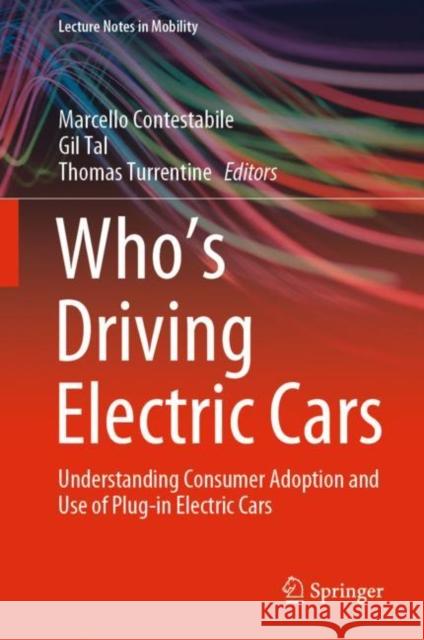Who's Driving Electric Cars: Understanding Consumer Adoption and Use of Plug-In Electric Cars » książka
topmenu
Who's Driving Electric Cars: Understanding Consumer Adoption and Use of Plug-In Electric Cars
ISBN-13: 9783030383817 / Angielski / Twarda / 2020 / 307 str.
Who's Driving Electric Cars: Understanding Consumer Adoption and Use of Plug-In Electric Cars
ISBN-13: 9783030383817 / Angielski / Twarda / 2020 / 307 str.
cena 603,81
(netto: 575,06 VAT: 5%)
Najniższa cena z 30 dni: 578,30
(netto: 575,06 VAT: 5%)
Najniższa cena z 30 dni: 578,30
Termin realizacji zamówienia:
ok. 16-18 dni roboczych.
ok. 16-18 dni roboczych.
Darmowa dostawa!
Kategorie:
Kategorie BISAC:
Wydawca:
Springer
Seria wydawnicza:
Język:
Angielski
ISBN-13:
9783030383817
Rok wydania:
2020
Wydanie:
2020
Numer serii:
000459403
Ilość stron:
307
Waga:
0.62 kg
Wymiary:
23.39 x 15.6 x 1.91
Oprawa:
Twarda
Wolumenów:
01
Dodatkowe informacje:
Wydanie ilustrowane











